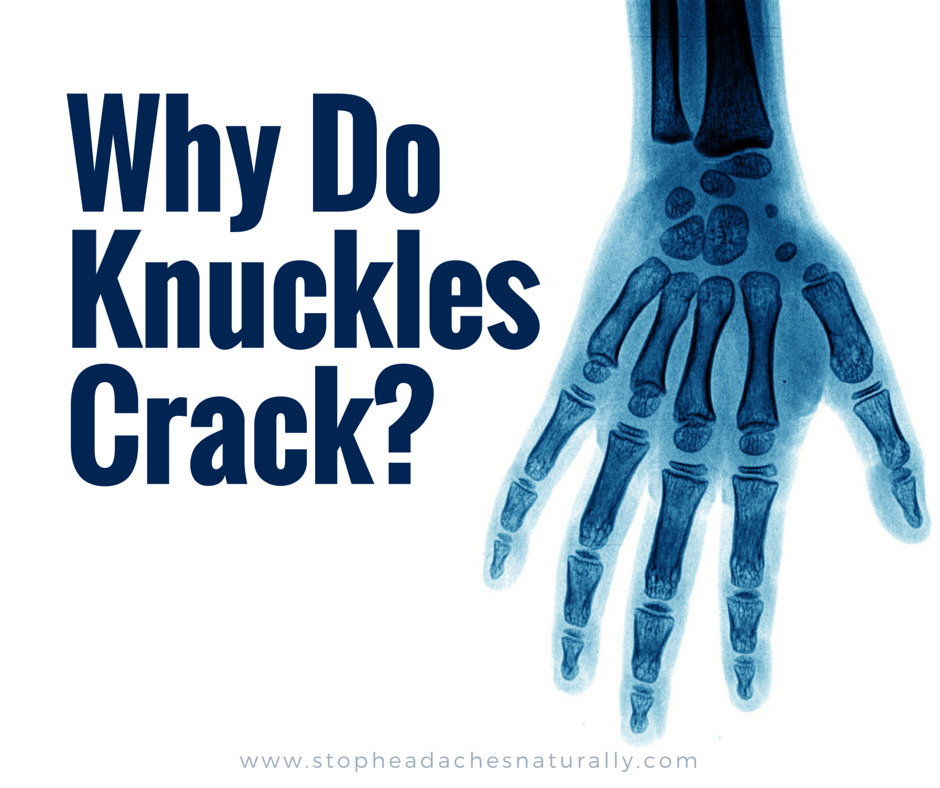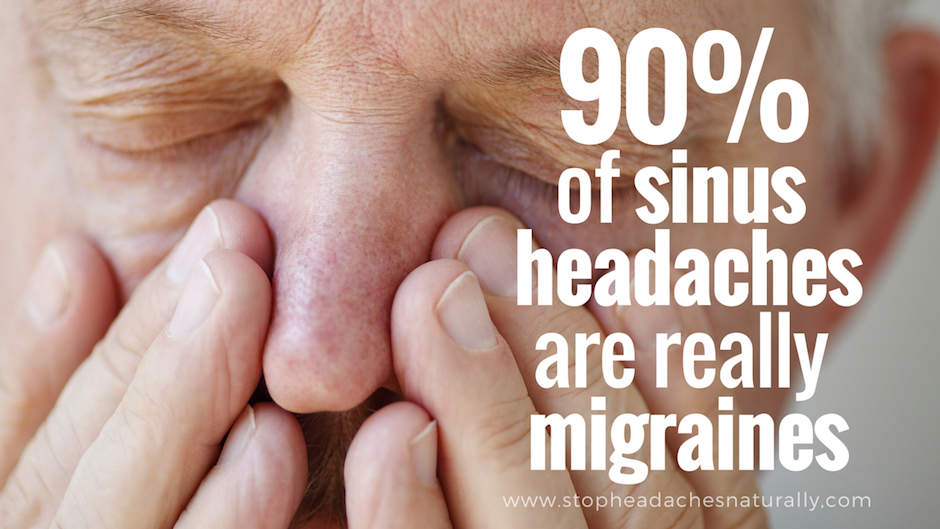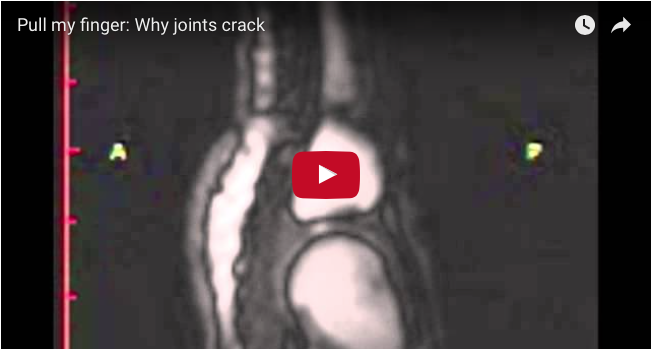Why Do Your Knuckles Crack?

Are you concerned that cracking your knuckles leads to joint degeneration?
Or have you ever wondered why your neck cracks (pops) whenever you stretch it?
The answer can be found in the article published by the University of Alberta Faculty of Rehabilitation Medicine, PLOS One called, 'Pull My Finger Study'.
"A cavity is created and that event is what's associated with the sound"
With the aid of a MRI, a finger was slowly pulled until the knuckle cracked. It finally proved that when you stretch the capsule that surrounds a joint, a bubble forms in the synovial fluid which is responsible for the popping sound.
Check out the MRI study video:
Leader author Professor Greg Kawchuk explains. "It's a little bit like forming a vacuum. As the joint surfaces suddenly separate, there is no more fluid available to fill the increasing joint volume, so a cavity is created and that event is what's associated with the sound.
"No evidence that knuckle cracking leads to degenerative changes"
The data fails to support evidence that knuckle cracking leads to degenerative changes in the metacarpal phalangeal joints in old age. The chief morbid consequence of knuckle cracking would appear to be it's annoying effect on the observer."
Exercise - Is More Better?

A new study published in Current Biology found that people who exercise a lot don’t burn extra calories for their efforts beyond a certain point.
Now that doesn’t mean you stop exercising but it does shed some light on the misconception that more is better.
Read this interesting WebMD Heath News article and find out:
- What did the study find?
- The role of exercise in weight loss
- Why is it that more exercise is not better?
- Do we hit a kind of plateau?
- How do you find your ’sweet spot’?
- What’s the best take-home advice from this research?
Is It Really A Sinus Headache?

Maybe you think you have sinus headaches when what you really have are migraines... 90% of “sinus headaches” are migraines.
The reason for the confusion and misdiagnosis is that migraines share the same symptoms as a sinus headache - stuffy or running nose, sinus pressure, sinus pain and watering eyes.
Treating yourself with nasal decongestants (when you don’t have a sinus headache) is definitely not a good idea as it can lead to rebound (medication overuse) headaches.






